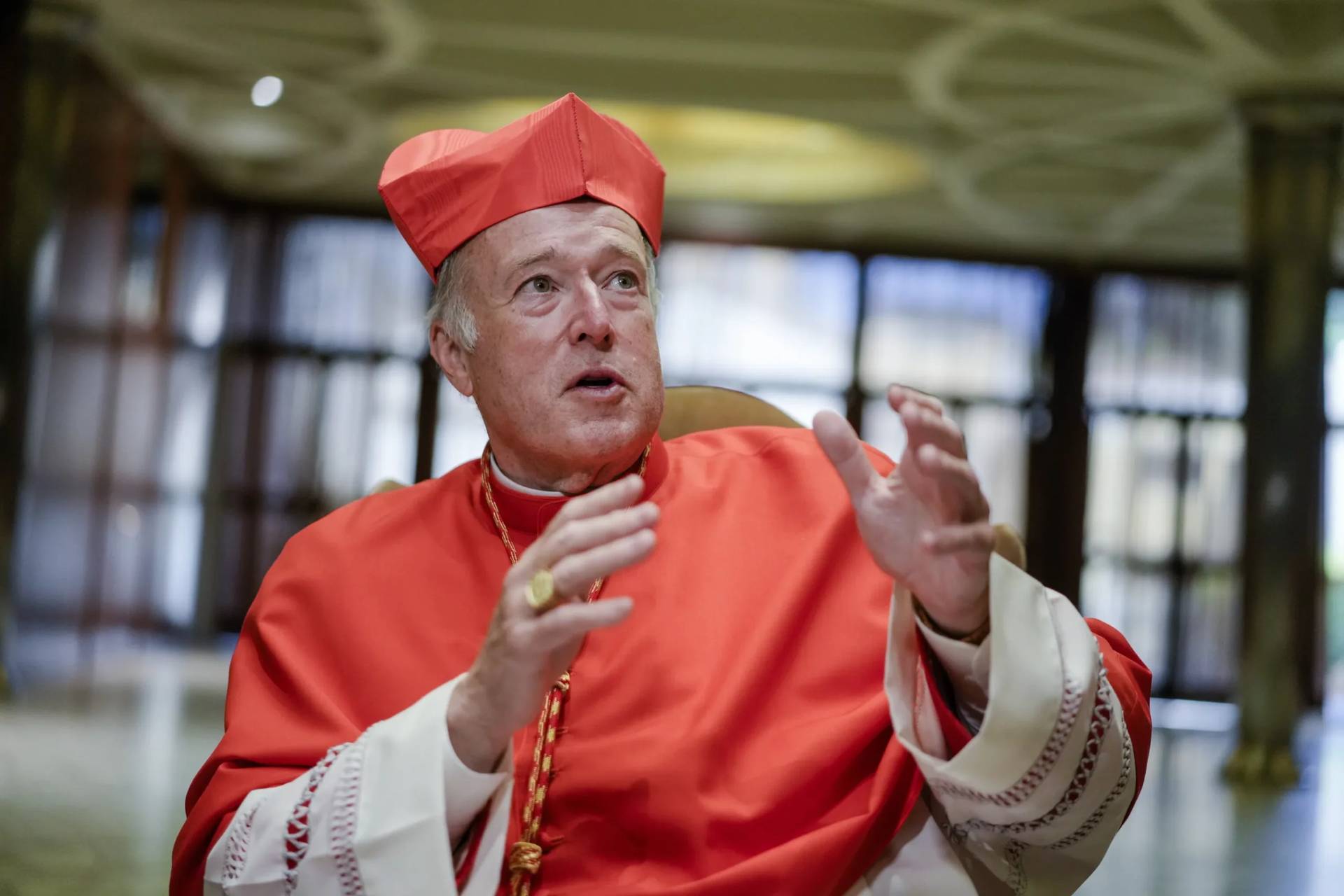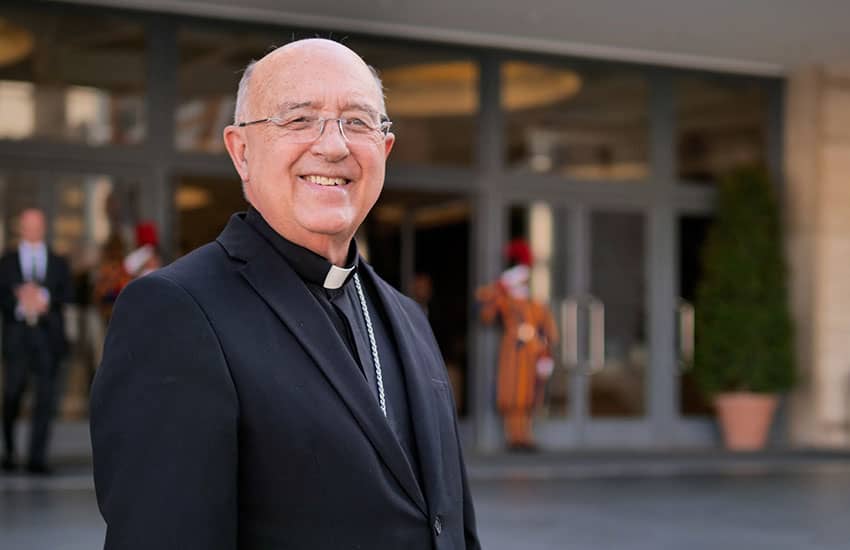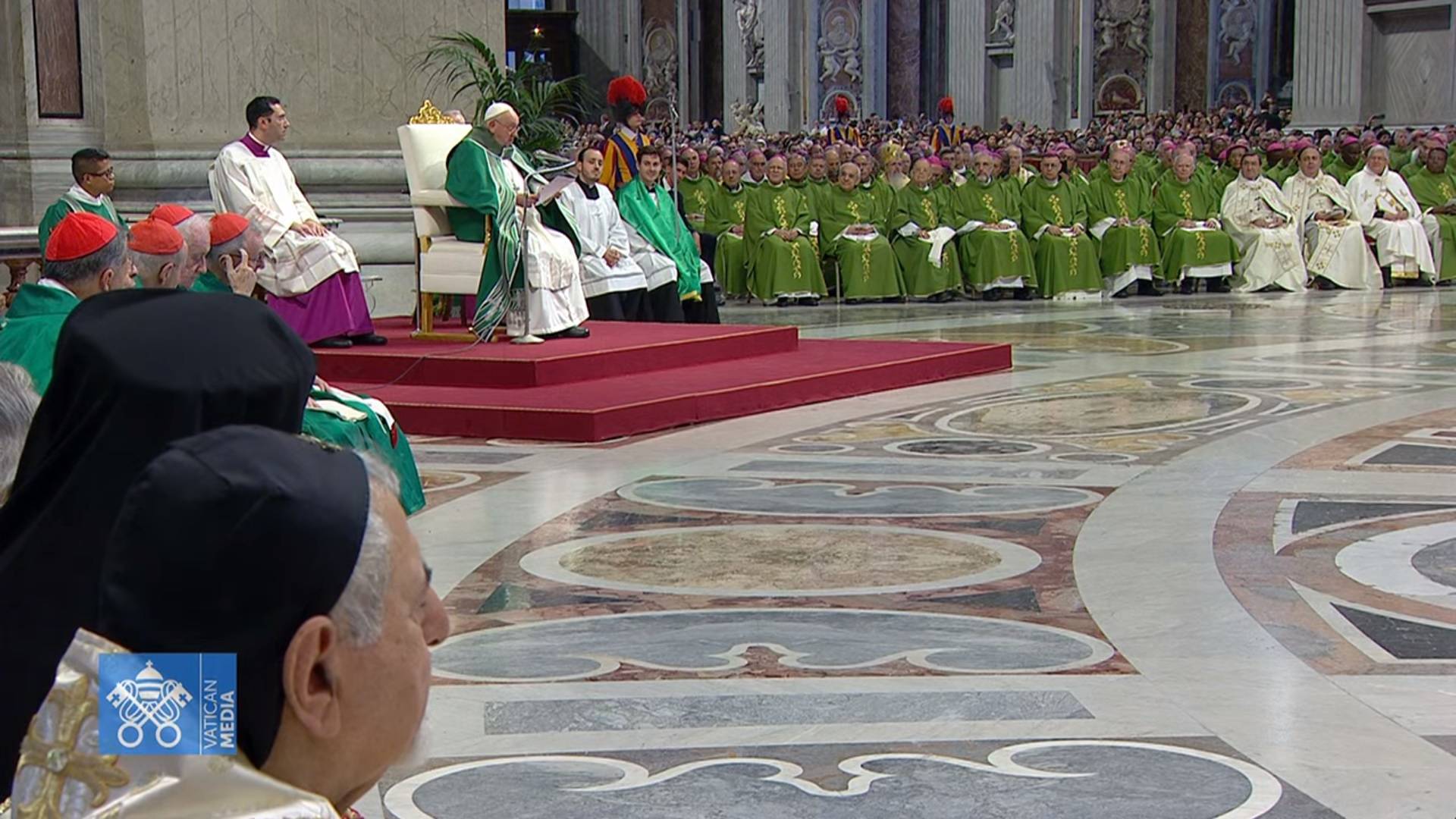ROME – An official of the oldest Jewish advocacy organization in the United States has called upon the ongoing Synod of Bishops on synodality in the Vatican to issue an explicit condemnation of terrorist attacks by Hamas on Israel, suggesting it’s a needed gesture of “moral clarity.”
“To this point, the synod gathered in the Vatican has not succeeded in explicitly condemning the inhuman atrocities of Hamas, and this is a missed opportunity for moral clarity,” said Rabbi Noam Marans in an Oct. 13 interview with the Italian newspaper Il Messaggero.
Marans is the Director of Interreligious and Intergroup Relations for the American Jewish Committee, and is in Rome taking part in a conference at the Jesuit-run Gregorian University on recently released documents from the papacy of Pius XII during the Holocaust and the Second World War.
The Oct. 4-29 Synod of Bishops on synodality brings together 464 Catholic leaders from around the world, including a wide swath of the Church’s senior hierarchy.
“I believe it would give proof of real moral leadership if all of today’s Catholic leaders would condemn specifically the barbarous terrorist attacks against Israel, and not minimize them through the generalized opposition to war and aspirations for peace that we all share,” Marans said.
The comments come after two critical statements from the Israeli embassy to the Vatican objecting to what it described as “linguistic ambiguities” and false “parallelisms” in commentary on the conflict, but also after Israeli Ambassador Raphael Schutz expressed satisfaction with remarks from Pope Francis in an Oct. 11 General Audience in which he called for the release of hostages and also affirmed Israel’s right to self-defense.
Marans likewise welcomed those comments from the pontiff.
“Papal declarations on conflicts sometimes reflect a reluctance from the Church to take sides, leading to generalized appeals for peace,” he said. “But this time the words of the pope at the General Audience included a useful specificity, offering comfort to grieving people in Israel, by asking for the release of hostages in the hands of the terrorists and affirming Israel’s right to self-defense.”
Despite occasional frustrations for Christian leaders and communities in Israel, Marans also insisted that Christianity in the country is better off than virtually anywhere else in the region.
“Whatever the challenges may be for the Church in the Holy Land, it’s clear that Israel, where freedom of religion is a founding national principle, remains the best place for Christianity to flower in the Middle East,” he said.
To date, the Synod of Bishops has not issued any statement addressing the conflict unfolding between Israel and Hamas, though it did devote its morning prayers on Oct. 12 to the cause of peace.
Iraqi Sister Caroline Saheed Jarjis read the day’s Gospel passage from Luke in Arabic, while Margaret Karram, a Palestinian born in Israel who is president of the Focolare movement, read prayers for “the Holy Land; for the people of Israel and Palestine, who are in the grip of unprecedented violence; for the victims, especially the children; for the injured; for those being held hostage; for the missing and their families.”
Cardinal Louis Sako, the Iraq-based patriarch of the Chaldean Catholic Church, presided over the prayer service, imploring God to dispel “absurd war.”
Calls for a Synod of Bishops to address an unfolding global conflict while it meets are not unprecedented.
The Synod of Bishops on the New Evangelization in 2012 took place against the backdrop of the beginning of the Syrian civil war, and five days into the assembly members announced that they would dispatch a special delegation to Damascus to promote solutions based on “reason and compassion.”
“We cannot be mere spectators of a tragedy like the one that is unfolding in Syria,” Italian Cardinal Tarcisio Bertone, at the time the Vatican’s Secretary of State under Pope Benedict XVI, told the synod.
In the end the delegation never materialized, in part due to security and logistics concerns and also out of fears in some quarters that it might be exploited for propaganda purposes by the Syrian government of President Bashar al-Assad.
Nevertheless, the synod did issue several messages of concern, and also opened a special account in the Vatican bank for participants to make contributions to relief efforts in Syria.














